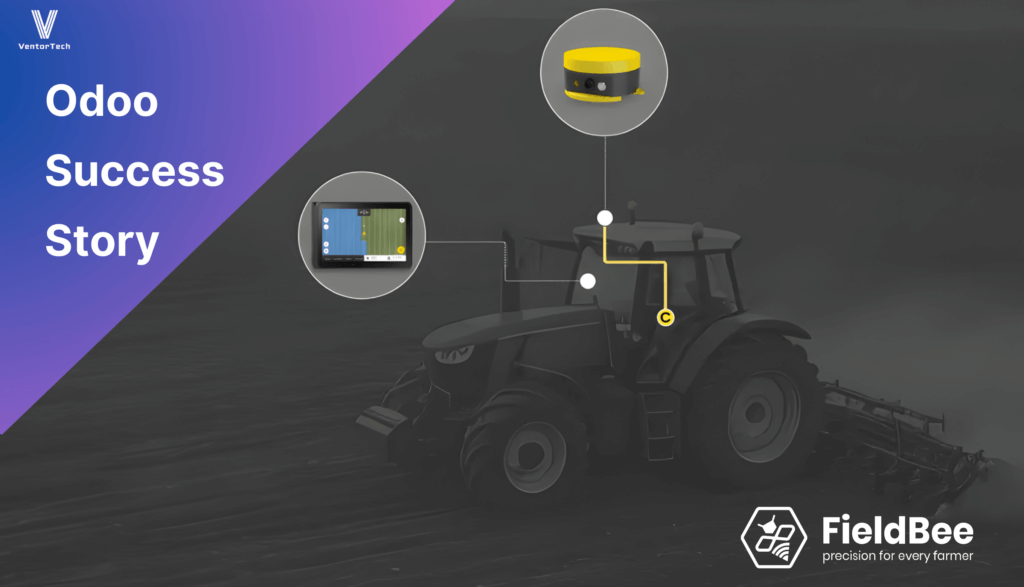The manufacturing sector is a highly demanding and labor-intensive environment that is regulated by ISO 9001-2015 standards (the framework of quality control) and industry-specific regulations (IATF 16949, ISO 13485, AS9100, ISO 22000, and so on). Quality regulation compliance ensures sustainable long-term market performance and builds trust with customers and business partners.
Though the quality standards haven’t been directly changed in recent years, numerous amendments require a more rigid supply chain control, as quality is in the spotlight now.
For instance, ISO 9001 updates target climate change and environmental impact only; yet, they force manufacturers to re-assess their production and align it with nature-friendly technologies. The ‘America’s Supply Chains’ order brings more focus to supply chain transparency, the FDA mandates supply chain traceability to ensure quality in the pharmaceutical and food industries, and so on.
Such demands require full control and end-to-end visibility of the supply chain, which can be reached with the help of traceability.
Traceability introduces a new level of quality assurance, bringing transparency to the production cycles. While the overall functioning of production lines benefits, practicing traceability is also a great challenge for manufacturers that need to implement IT solutions and reorganize their production chain. That’s where Odoo ERP comes into play.
Odoo ERP is a multifunctional software that streamlines the entire manufacturing process and allows businesses to track and record each performance aspect. Let’s learn how it works.

What Is Production Traceability?
Traceability is a feature that allows businesses to keep track of all the interactions within the supply chain and track the product’s end-to-end journey. A well-established tracking system provides real-time visibility and reports regarding the movements of goods.
Considering the volumes of modern production, traceability allows us to ‘find the needle in the haystack, as every faulty product or batch of products can be tracked and called back, while reasons for quality breaches are accessible and can be explored.
What Is Odoo’s Traceability Feature?
Odoo is a modular ERP solution that allows businesses to control and manage all their day-to-day operations.
With Odoo traceability, each product gets assigned to lots and serial numbers that are valid throughout the whole cycle and within the same database, without the need to re-encode products for every stage of their journey.
By introducing the Odoo traceability feature, the company gets insights into the history of a product: when and where it was produced, its lot number, the quality check, modifications along the way, etc. Put simply, Odoo traceability is a risk-averse strategy, allowing businesses to keep track of the production cycles and address the problems as soon as they appear.
Types of traceability:
- Forward traceability – tracks the production line from its raw form until it reaches the customers.
Example: if your company assembles bikes, then once a faulty detail is identified, your managers can track its movement through the whole assembly process and recall the defective bikes.
- Backward traceability – track the movement of the products from the customer back to the production line to detect defects and recall the respective lots.
Example: if you manufacture lamps and get customer complaints, you can track the product, define the stages in which it could be mal-produced, and make relevant adjustments in the manufacturing processes to avoid the same situation in the future.
Odoo allows both types of traceability to implementation, ensuring a higher level of control over production cycles.
Benefits of Odoo Traceability
Bill of materials management
The BOM management promotes more efficient planning and material usage. It allows companies to comply with the requirements of lean production, which minimizes waste and maximizes the usage of every component during the manufacturing process.
Real-time production order and quality control
The Odoo system streamlines and automates order management stages, as well as provides real-time updates and visibility regarding the manufacturing process. With the help of serial numbers and lots, all the products can be tracked, and thus, issues are resolved once detected.
Integrated inventory management
Odoo enables proper stock levels, thus preventing over- and under-stocking issues. With automated stock replenishment, materials are always available when needed.
Risk management
Traceability is a critical component of risk management. Since every detail of a production line is given a specific number, it is easy to track interactions between all elements, including safety compliance requirements, design, execution, and testing.
Consistent traceability allows us to anticipate hurdles along the production line and take measures to prevent them or to, at least, mitigate the outcome.
Final Thoughts
Odoo is a transformative tool for any company that deals with manufacturing processes. It allows businesses to streamline their performance and make all their related operations much smoother and more efficient.
Odoo’s traceability feature will bring all your company’s production cycles to a new level of control so that your managers can track every single piece of inventory. By introducing such transparency, businesses keep up with the evolving demands that their target markets require.
Let’s discuss Odoo traceability feature and how it can help your business thrive
Recommended articles:
- Optimizing Inventory Control with Odoo: Understanding Forecasting Methods
- Ways to Overcome Logistic Problems with Odoo
- How to build picking routes in your warehouse for walking minimization
- How to create a warehouse map and upload it to Odoo
- ERP Mistakes and How to Avoid Them
----------------------------------------------------------------------
Education: Bachelor's degree.
----------------------------------------------------------------------
Experience:
Marketing manager
VentorTech
----------------------------------------------------------------------
Current position: Marketing manager VentorTech
----------------------------------------------------------------------
B2B Marketing
Google Tag Manager and GA
Motion Graphics Production






0 Comments